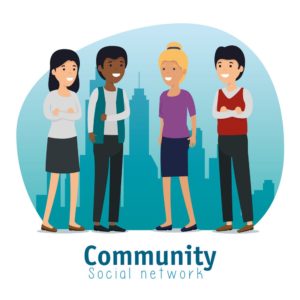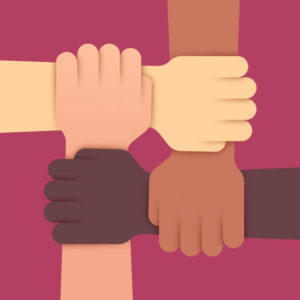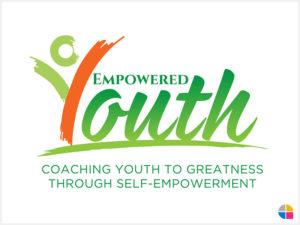Why start a youth group?
Before you get stuck into the action of starting a new youth group, it is a good idea to stop and think about some fundamental questions that will shape the start up and future development of your new youth group or project.
Think about why you are starting a youth group. What is it for and for whom?
People have different images of youth groups and projects. Some people think that youth groups are to 'keep kids off the street' where they can play pool and just 'hang out'.
Others see youth groups as having an educational or developmental purpose; enabling young people to meet with their peers; socialise and become part of the community in which they live; enabling young people to move from adolescence to adulthood; concerned with nurturing personal growth and offering activities that challenge and stimulate young people.
Have a look at the following descriptions to see if your views and ideas match what is considered as a 'good' youth group and a 'good' youth worker.
This is important to do before you go any further!
What is a 'good' youth group?
A 'good' youth group is a safe, accessible place for young people who choose to meet and socialise in an informal setting. Opportunities to develop skills and confidence are built into the programme. The youth group will be supported by adults, but will be a place where young people design their own programme and activities whilst developing a sense of community and participation. The facility should be clean, stimulating, comfortable and easy to get to. As members of their communities, young people have an equal right of access to community facilities.
What is a 'good' youth worker?
A good youth worker is someone who can set aside their judgements, prejudices and can use interpersonal skills to inform and encourage young people to have an awareness of their rights, voice and their responsibilities to the wider community. The worker will provide support in building the individual and collective capacities of young people through promoting their skills, self worth, creativity and enterprise. They will encourage decision making by providing information, enabling informed choices and personal development opportunities.





